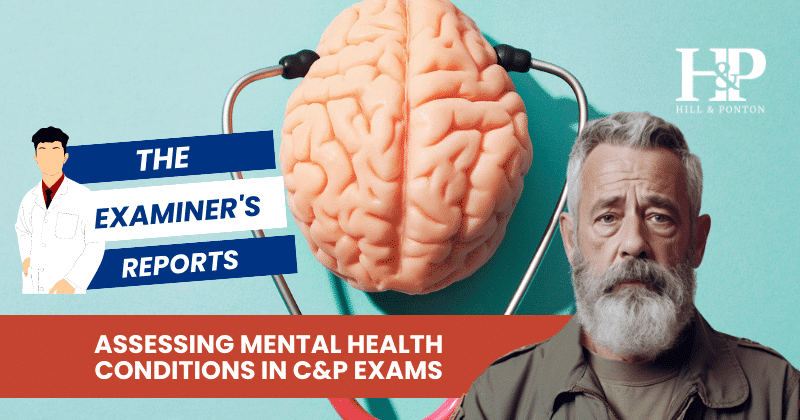In my last post, I discussed the correlation between diabetes and kidney disease. The results of recent epidemiological and basic science investigations have suggested possible correlation and some common pathophysiological mechanisms involving diabetes and Alzheimer’s disease. These studies have opened the way to establishing service-connection for Alzheimer’s disease for veterans receiving service-connected compensation for diabetes.
As laid out by the former Secretary Shinseki in the VA Strategic Plan for the seven-years from 2014 to 2020, the VA is facing a changing population of Veterans and has to be ready to serve them. As the number of aging Veterans that were deployed to Vietnam, Korea, and the first Gulf War increases, so does an increase in the incidence of dementia and other cognitive-related diseases. But, how is dementia and Alzheimer’s disease related to diabetes?
This was the first thing that came to mind as I was reading the study findings in the articles linked above. As noted previously, established VA regulation dictates that a veteran who has been granted service-connection for a condition, such as diabetes mellitus, may then be compensated for secondary conditions arising from the service-connected condition. Diabetes is a systemic disease that affects the blood sugar level. In turn, the disease affects the blood vessels and nerves of the body and over time can result in central nervous system complications including stroke and possibly cognitive impairment.
Most commonly in the VA population, hypertension and diabetes are very common causes of stroke, especially in aging Veterans. This complication of a stroke can present itself in the form of vascular dementia. Vascular dementia is the second most common cause of dementia, the first being Alzheimer’s disease. Alzheimer’s disease currently accounts for 60-80% of cases of dementia.
Because diabetes and Alzheimer’s disease are two very difference conditions, the connection between the two by VA is not automatic or likely to occur without an in-depth medical history evaluation and possibly an independent medical evaluation. In the medical community, however, the connection is widely accepted. In diabetes, persistent blood glucose elevation contributes to atherosclerosis that impairs blood flow to the brain. Individuals with high levels of glycosylated haemoglobin (HbA1c) levels – a test that indicates blood glucose levels over the previous three months – greater than 7% are nearly three times as likely to have a stroke compared with people who have an HBA1c level less than 5%.
Other prevailing theories include studies that have shown that formations of certain protein deposits attributed to damage caused in brains of deceased Alzheimer patients were also seen in the brain autopsies of patients who died with diabetes. To reinforce the connection, the fact that brain cells of Alzheimer patients’ exhibit marked insulin resistance has made researchers suggest that Alzheimer’s disease is a form of diabetes mellitus that selectively affects the brain. Furthermore, a characteristic feature of diabetes is insulin resistance. Another surprising fact is that insulin resistance is also evident in the brain tissues of Alzheimer’s disease patients.
With respect to the signs and symptoms associated with Alzheimer’s disease, they may include but are not limited to: word-finding difficulties, difficulty in performing familiar tasks or having more difficulty in a new task, emotional outbursts such as angry flare-ups when things don’t go right, or agitation. Very often, such accounts of such behaviors are commonly provided by a close relative or friend.
With a possible intimate connection between the two disorders, a veteran may be able to prove a link between diabetes and Alzheimer’s disease with the help of supportive medical evidence. Compensation for Alzheimer’s disease is rendered by VA using the rating formula that most closely meets the veteran’s symptoms.



